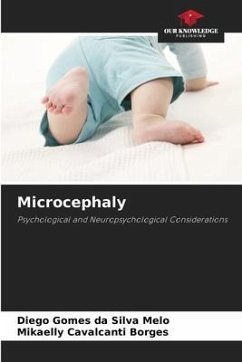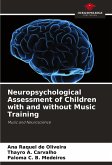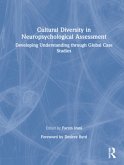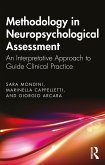In recent years, Brazil has been going through a period of great concern in the health context, due to the significant increase in cases of children diagnosed with microcephaly as a result of the Zika virus. We realise that the pathology is not a new phenomenon, and at different times it has already been described in the literature in association with diverse conditions. However, with regard to this new form of transmission by the Aedes Aegypti mosquito, it has become worrying, since the number of cases has been alarming, affecting families with anguish and uncertainty about the cognitive damage caused to each child. For this reason, family groups are apprehensive about how to care for these babies from birth and throughout their development. Thus, this research allows us to better understand microcephaly in the current context and discuss the contributions of Psychology and Neuropsychology to the subject of the study and society in general.
Bitte wählen Sie Ihr Anliegen aus.
Rechnungen
Retourenschein anfordern
Bestellstatus
Storno








